The founders of four spinoffs discuss the challenges of their journey from 'lab to market'
Adonis Adoni 07:11 - 06 August 2024
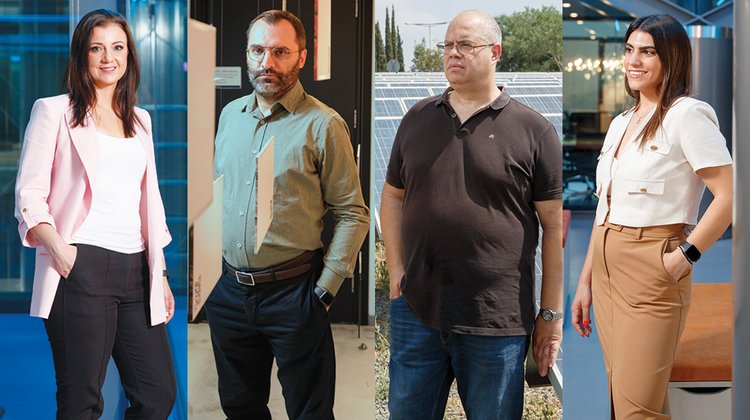
A spin-off is a business founded by researchers to enhance the results of their own research activity and scientific knowledge, in which the University may be a partner.
It is hardly surprising that the commercialisation of academic research occupies a significant portion of the island’s innovation landscape, given Cyprus’s strong tradition of producing university graduates, coupled with the entrepreneurial spirit of its citizens.
A key cog in this commercialisation ecosystem is Cyprus Seeds, a non-profit organisation that has been running a successful accelerator programme since 2018.
Supported by Eurobank Cyprus, this programme provides grants, mentoring and networking opportunities.
Below are extracts from interviews conducted with the founders of four spinoffs, who discuss their groundbreaking technologies and the challenges they encountered on their journey from the laboratory to the market. The full interviews can be read in the 2024 edition of The Cyprus Journal of Wealth Management, commissioned by Eurobank Cyprus and published by IMH.
Dr. Christiana Ioannou, iotshield.ai
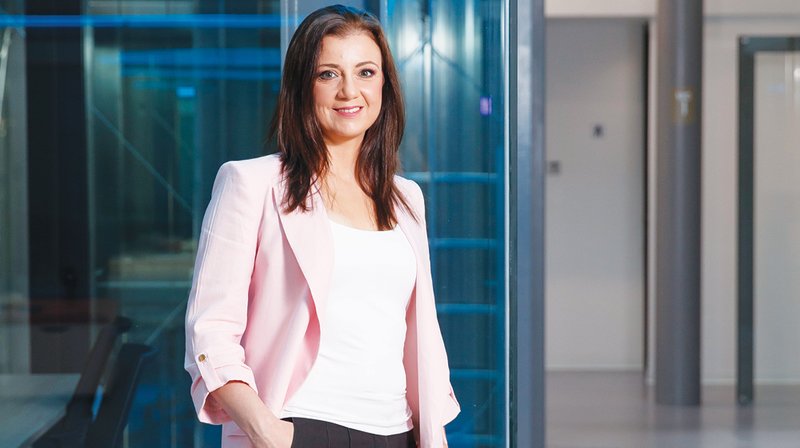
With robot vacuum cleaners, smart fridges and everything in between now linked together in the Cloud, a single compromised node is enough to unlock the entire network, making the Internet of Things (IoT) a hacker’s playground. From the labs of the CYENS Centre of Excellence, Dr. Christiana Ioannou and her team have created iotshield.ai to protect our increasingly interconnected world. The spinoff’s technology offers an AI-based, real-time attack and anomaly detection system that stands out for its advanced AI/ML techniques.
For Ioannou, the transition from laboratory to market-ready innovation was not entirely free of obstacles, as it required learning about business development and market needs as well as navigating Intellectual Property policies, which necessitated expert advice to protect the product. Cyprus Seeds played an instrumental role in securing funding and providing mentorship and training in entrepreneurship. “The programme’s guidance and network were invaluable in turning our research into a commercial product,” she says.
Anyone considering making a similar transition from academia to entrepreneurship needs to have a well-thought-out strategy in place, she mentions. This starts with a thorough validation through market research, customer feedback and proof of concept to ascertain market demand and solution viability. Forming a cohesive team with a diverse set of skills is also key, as it fosters the collaboration that is vital for navigating entrepreneurship effectively while for delivering sustained value, she urges aspiring academic researchers to put the customer at the forefront. Ioannou also stresses the importance of early protection of Intellectual Property rights through patents or trademarks to safeguard innovations and establish market dominance. “Resilience and adaptability, coupled with strategic planning and effective financial management, will fortify the entrepreneurial journey. By considering these critical steps and factors, academic researchers can enhance their prospects of success in entrepreneurship,” she argues.
Athanasios Koutoupas, ARTES
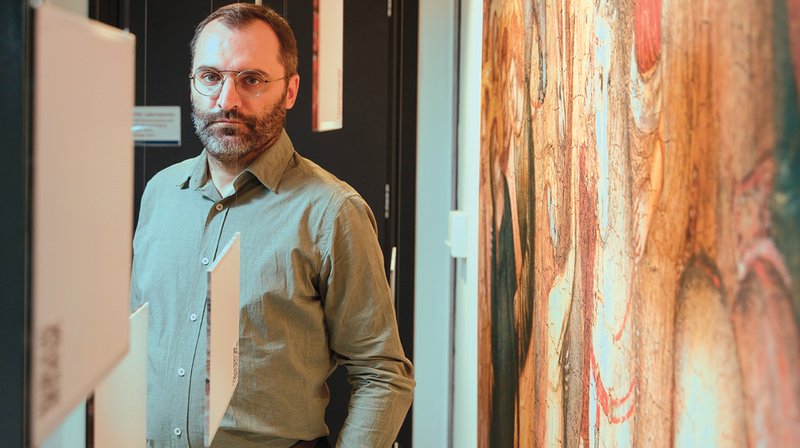
In the art world, the efficient management and accurate assessment/valuation of works remains inefficient. Building on years of research conducted at the Cyprus Institute’s APAC Labs, Athanasios Koutoupas, together with Nikolas Bakirtzis and Sorin Hermon, launched ARTES to completely change how art collections are managed and valued. The ARTES digital platform, then, integrates art characterisation, digital cataloguing, provenance tracking and market insights.
Not surprisingly, transitioning from academic research to market-ready innovation has posed challenges for the ARTES team. “We had to embrace uncertainty, view challenges as opportunities and quickly adapt to changing circumstances,” Koutoupas explains. This shift required the team to develop business acumen and learn about marketing, finance and operations – the Cyprus Seeds and Eurobank’s EGG programmes played a crucial role here, by offering mentorship and invaluable insights.
“I don’t think I have reinvented the wheel, but I could say that I’ve learned to adapt the wheel to navigate new terrain,” Koutoupas says, reflecting on his own experience of the transition from academia to entrepreneurship. “It’s not about starting from scratch but rather about building upon existing foundations to create something impactful and valuable.”
He urges aspiring researchers to develop a solid business model outlining revenue generation, customer acquisition and profitability, while cultivating strong relationships with mentors, advisors, investors and stakeholders. Of course, listening to what the customer has to say must be central to any plan. “Entrepreneurship is filled with challenges and setbacks, so staying resilient in the face of adversity is crucial. Learn from failures, adapt your approach as needed and remain flexible and agile in navigating the uncertainties of the business world,” he says.
Pambos Anastasiou, iQ3Solar
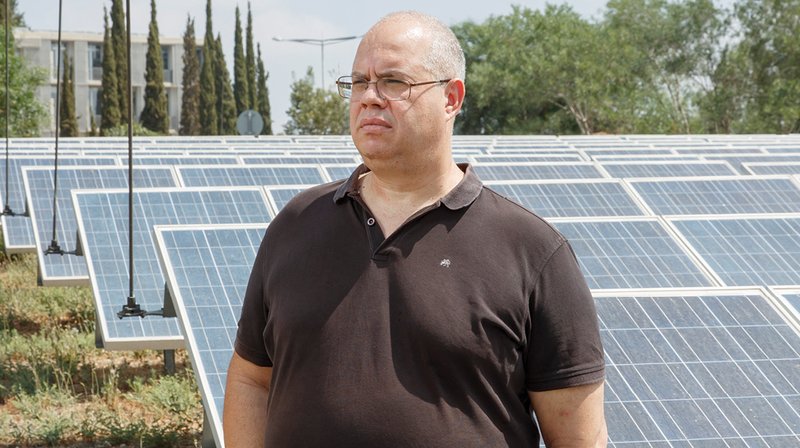
Despite the enormous promise they hold, especially for a sun-drenched country like Cyprus, photovoltaic systems (PVs) suffer from faults and degradation. Recognising the potential for innovation in this field, Pambos Anastasiou and his colleagues at the University of Cyprus have created iQ3Solar to bring much-needed efficiency to the renewable energy sector. The spinoff tackles this challenge with an AI-based real-time detection system, integrating a patented sensor for potential induced degradation (PID) detection with advanced AI/ML algorithms.
In 2016, three PhD students at the University of Cyprus – Michalis Florides, Andreas Livera and Spyros Theocharides – started working on sensors for degradation, fault detection and power forecasting for PV systems. Five years later, Pambos Anastasiou, who was managing EU projects at the University in fields ranging from physics to photovoltaics, joined the project to help bring their innovative technology out of the lab and onto the market.
Interestingly, transitioning from an academic to an entrepreneurial mindset was a relatively smooth experience for Anastasiou but navigating Intellectual Property policies proved to be a tedious process. “There are so many steps you need to take and not many shortcuts: convince the University and go through its committees and processes, speak with lawyers, follow up the patent process, go through a licensing or some kind of commercialisation agreement with the University... I believe we were the first ones to do this at the University of Cyprus and today it would be somewhat easier for anyone else,” he says. During this process, the advice and help from Cyprus Seeds’ mentors was invaluable. Anastasiou also notes that funding has been a significant challenge – it raised a modest €70,000 – but he is nonetheless proud of the group’s achievements, given their limited resources. “We believe that, with the private funding we are raising right now, we will be able to implement our launch plans,” he says.
Reflecting on his experience, Anastasiou suggests that academic researchers should engage with the entrepreneurial community at their respective universities and industry events, where they can absorb and learn the language and mentality of business and innovation. He also emphasises the importance of developing the technology as extensively as possible within the laboratory environment, where ample support for testing and collaborations is available – once a company is established, securing collaborations and testing products becomes significantly more challenging. “You must have a problem-solving mindset,” he says. “Whether a difficulty is technical, legal or business-related, you need to gather your resources and solve it. Startups, by definition, have limited resources but it’s essential to overcome obstacles and make progress towards your end goal.”
Evangelia Athanasiou, SENSSOS
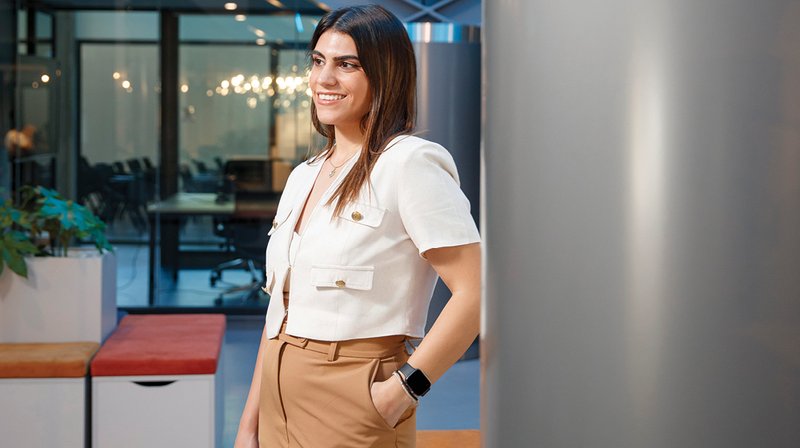
The joyous, transcendent experience of playing music can ultimately lead to severe pain for the musician. SENSSOS, according to the spinoff’s CEO and co-founder, Evangelia Athanasiou, emerged from the innovation crucible of the CYENS Centre of Excellence to become the gold standard for preventing the musculoskeletal disorders suffered by musicians and helping with their rehabilitation. SENSSOS works through biofeedback tools: a musician is fitted with wearable straps and the technology combines muscular and postural data to provide real-time and easy-to-understand corrective feedback. This is visualised through an on-screen avatar acting as the user’s digital twin.
In 2023, the spinoff participated in the Cyprus Seeds programme and Eurobank’s EGG accelerator in Greece, which provided the necessary knowledge to design a commercialisation strategy. Athanasiou says that the Cyprus Seeds programme has been key in enabling the transition towards entrepreneurship by providing mentoring by experts from MIT and other renowned institutions, and valuable training in all aspects of business development, including securing Intellectual Property rights and preparing for future fundraising. “Of course, we also had the support of the CYENS Innovation Department and its experts who helped us refine our business proposition and go-to-market strategy,” she says. In addition to the money received from the Cyprus Seeds programme, the project has secured funding from the European Union’s Horizon 2020 research and innovation programme under the Marie Sklodowska-Curie grant agreement and, more recently, a pre-seed grant from the Cyprus Research and Innovation Foundation.
“This funding has enabled us to convert our prototype into a consumer product. We aim to launch in early 2026, starting with the European market before expanding to the rest of the world,” she notes.
Before joining the Neo-Move Group, Athanasiou worked at a software company in Denmark where she gained experience in industrial research and product development. At the Group, she engaged in research before taking a lead role in commercialising its output. “This involved learning a lot about entrepreneurship and developing a different mindset from the typical academic one. The transition was demanding but ultimately rewarding,” she notes, urging other academic researchers to embrace opportunities that will allow them to test the real-world impact of their laboratory research. She also highlights that anyone looking to making the same transition must first research the market’s needs and think about how to address them, and then engage in programmes supporting research commercialisation, which offer valuable resources and networks. “The key is to remain adaptable and persistent and keep the end-user in mind,” she advises. “The critical steps for success include market validation through a clear value proposition, thorough research and user feedback, alongside a strong team, business model and funding strategy.”
(Photos by Michalis Kyprianou)
(These interviews first appeared in the 2024 edition of The Cyprus Journal of Wealth Management, commissioned by Eurobank Cyprus and published by IMH. Click here to view them. Click here to view the entire magazine online.)

